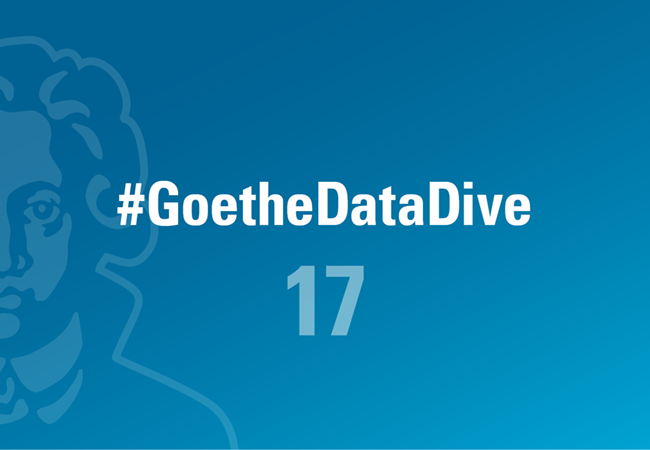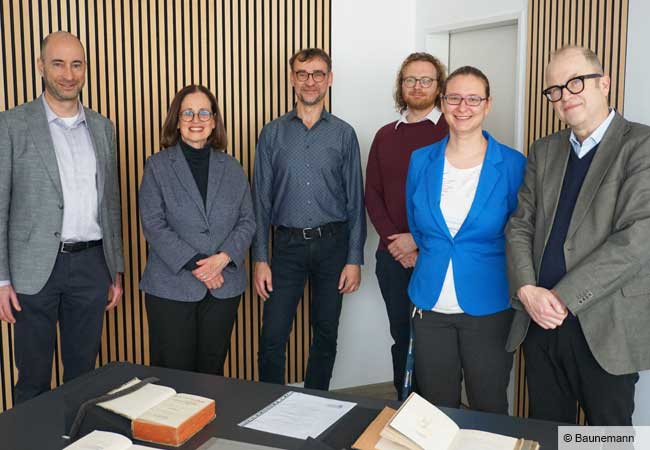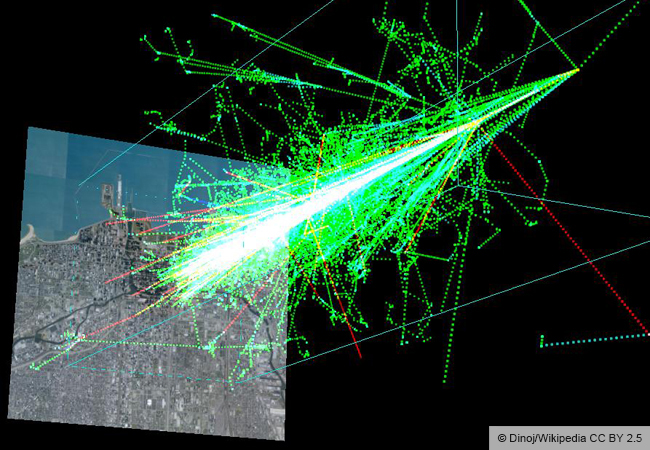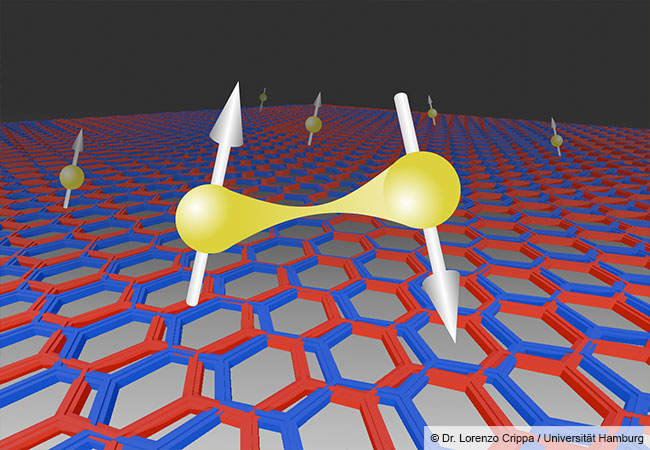At the beginning of the 20th century, the world of physics is in turmoil. Heisenberg’s uncertainty principle and Einstein’s theory of relativity have ushered in a new era – partly by calling into question Newton’s „laws“, which had constituted the basis of Enlightenment thinking. Numerous philosophers and artists, including French and German existentialists, have grappled with the far-reaching consequences this scientific redefinition has had on reality. What do they teach us about our time, one of profound uncertainty?
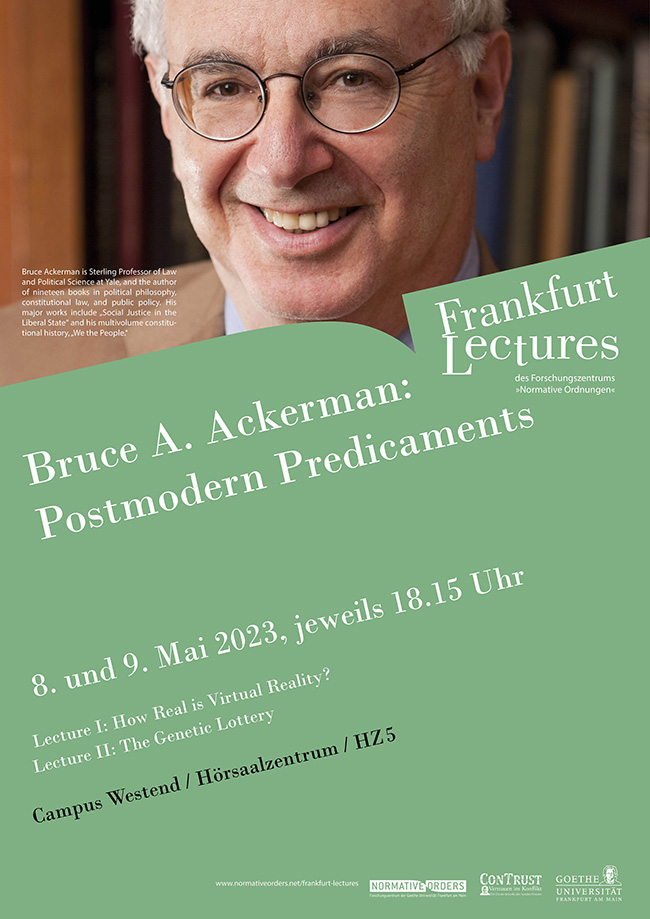
This year’s Frankfurt Lectures by renowned U.S. philosopher and constitutionalist Bruce Ackerman will focus on a critical diagnosis of the present, as part of two lectures on
„Postmodern Predicaments“
May 8 and 9, both at 6:15 p.m.
Lecture Hall Center, HZ5,
Goethe University Westend Campus
In two individual lectures – „How Real is Virtual Reality?“ (May 8) and „The Genetic Lottery“ (May 9) – Ackerman, who is Sterling Professor of Law and Political Science at Yale University, addresses the ideas of existentialists as a crucial resource in analyzing contemporary challenges: How can a meaningful life be shaped in a social world transformed by the high-tech revolution?
The lectures are based on Ackerman’s forthcoming book, “The Postmodern Predicament” (Yale University Press), which explores how people can take charge of their own lives in the so-called „brave new world“ of the twenty-first century. Ackerman’s premise is that Simone de Beauvoir, Jean-Paul Sartre, and other twentieth-century philosophers can help us understand the challenges to the foundations of liberal democratic society.
Bruce Ackerman is Sterling Professor of Law and Political Science at Yale University and the author of numerous books on political philosophy, constitutional law, and public law. His major works include „Social Justice in the Liberal State“ and the multi-volume constitutional history „We the People“, as well as „The Stakeholder Society.“
Ackerman is also a „Commandeur des Ordre national du Mérite“ of the French Republic and a Fellow of the American Academy of Arts and Sciences. The American Philosophical Society has awarded him the Henry Phillips Prize for Lifetime Achievement in Jurisprudence.
The lectures are in English and open to the public. Admission is free.



